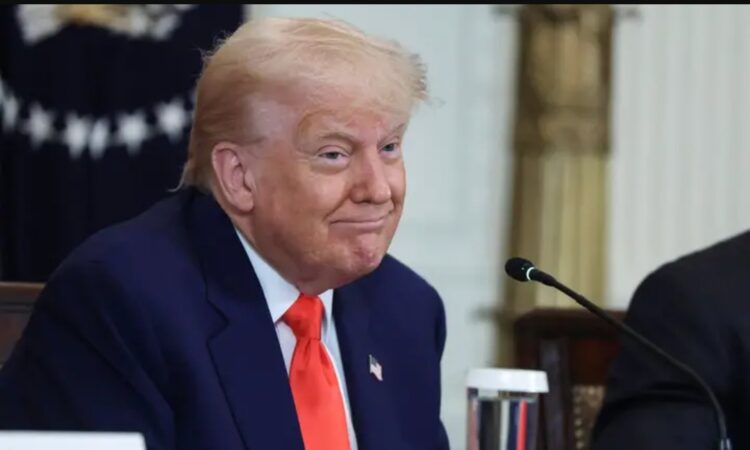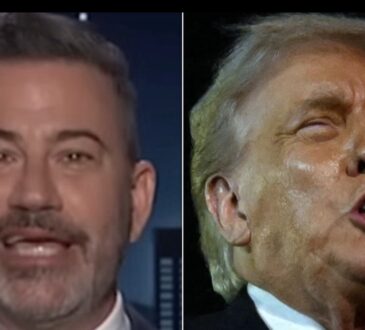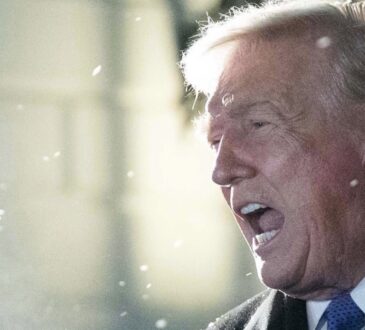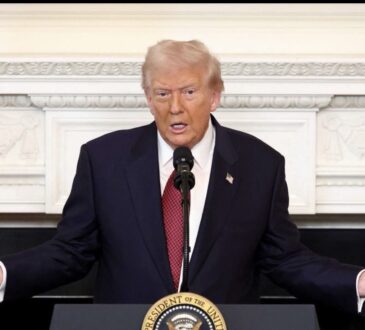
The Constitution was written to make sure that no single branch of government or individual could hold too much power. It’s meant to create a balance where the president, Congress, and the courts each have their own roles, keeping one another in check.
This system also protects the government from being taken over or influenced by wealthy individuals, corporations, or foreign powers who might try to use money or connections to control decisions that affect everyone in the country. It’s a safeguard against corruption and dictatorship — a reminder that power in the United States belongs to the people, not to any one person or group.
Donald Trump often acted as though these constitutional limits didn’t apply to him. He treated federal resources and institutions, including the military, as if they were his personal property. By allowing a rich donor to step in and pay for part of the military’s needs, he ignored the rule that only Congress can control government spending.
This wasn’t just an unusual move; it was a direct challenge to how the U.S. government is supposed to function. It showed Trump’s disregard for the separation of powers — the very foundation of American democracy. His actions suggested that he saw himself as being above the law, accountable to no one, not even the Constitution he swore to uphold.
This attitude connects to a broader movement that surrounds Trump, one that envisions a very different America. Project 2025, a detailed political plan backed by some of his allies, is rooted in the ideas of Curtis Yarvin, a controversial thinker.
Yarvin has argued that democracy is broken and that the U.S. should replace its system of checks and balances with a single, all-powerful ruler — a “CEO-king.” He believes that government bureaucracy and democratic institutions should be dismantled completely, leaving power concentrated in one person’s hands. This vision rejects the very principles of freedom and shared governance that define the country.
Recently, Yarvin expressed disappointment that Trump didn’t go far enough to bring this vision to life. He complained that Trump’s efforts to centralize power were too slow and too incomplete. His frustration reveals how extreme the ambitions behind Project 2025 really are — it’s not about reforming government, but about replacing democracy with authoritarian control.
Trump’s current network of billionaire supporters — some say as many as thirteen serve as informal advisors or “cabinet” members — may be paying attention to Yarvin’s warnings. As the 2026 midterm elections approach, many of them are reportedly worried that a strong Democratic victory could lead to serious legal consequences for Trump and those who helped him. Yarvin himself has said he fears what he calls “liberal vengeance,” predicting that legal accountability is coming for Trump’s allies. He’s even announced plans to leave the United States, suggesting that he expects things to get very difficult for people in Trump’s orbit.
There’s growing speculation that Trump and some of his closest associates might do the same — that if the elections don’t go their way, they could try to flee the country to escape legal charges. Trump’s ongoing business dealings overseas might be more than just financial ventures; they could be part of a strategy to secure himself options if his political and legal situation in the U.S. collapses.
At the heart of all this is Trump’s mindset — that of a man who sees power not as a public trust but as a personal possession. His actions reflect a belief that loyalty, wealth, and control matter more than laws, ethics, or the will of the people. His movement continues to test the limits of democracy, and the coming years will show whether the American system, built on the idea of shared power and accountability, can withstand that challenge.
This analysis comes from Sabrina Haake, a seasoned federal trial attorney with more than 25 years of experience in defending First and Fourteenth Amendment rights. Through her writing on her Substack, The Haake Take, she offers insights into how constitutional law, politics, and power intersect — and how fragile democracy can become when leaders treat it as a tool for personal gain rather than public service.




